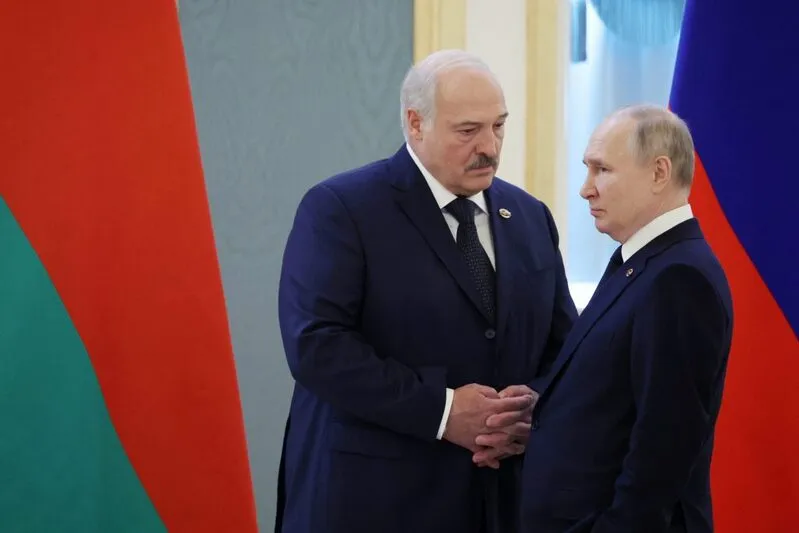Two countries in the Commonwealth of Independent States (CIS) alliance have officially settled 98.9% of all trade payments in local currencies and not the USD. The settlements in local currencies occurred in the first quarter of 2025 indicating that de-dollarization is indeed accelerating.
CIS Payments Getting Settled in Local Currencies, USD Being Sidelined

The two CIS countries that paid 98.9% of cross-border transactions in local currencies and not the USD are Russia and Belarus. The member nations revealed that they have completely shifted to using local currencies ending reliance on the USD. The move puts pressure on the greenback as emerging economies are cutting ties with the world’s leading currency.
Also Read: Survey Shows Global Faith in US Dollar Is Crumbling
“We are increasing the share of mutual payments in national currencies. According to our data, it totaled 98.8% in the first quarter of 2025. In other words, it can be said that we have completely shifted to mutual payments in national currencies,” said the Deputy Prime Minister of Russia Alexei Overchuk at the St. Petersburg International Economic Forum (SPIEF).
Both the CIS countries Russia and Belarus have been sanctioned by the White House. Therefore, settling payments in local currencies and not the USD is the de facto option for the two CIS members. Even if the sanctions are lifted, settling payments in local currencies will be the new normal in global trade.
Also Read: Euro Takes on a Bigger Role as De-Dollarization Advances
The White House has made several blunders by imposing sanctions on developing countries that has eventually led to de-dollarization. The sanctioned nations are also convincing other countries to use local currencies to being down the USD’s global supremacy. CIS countries have been looking to end dependency on the USD to bolster their local currencies and native economies.
The sanctions coincided with the de-dollarization ideology making it a potent cocktail against the USD. Not just the CIS bloc, many other global alliances are now aiming to topple the greenback and use local currencies for payments.






